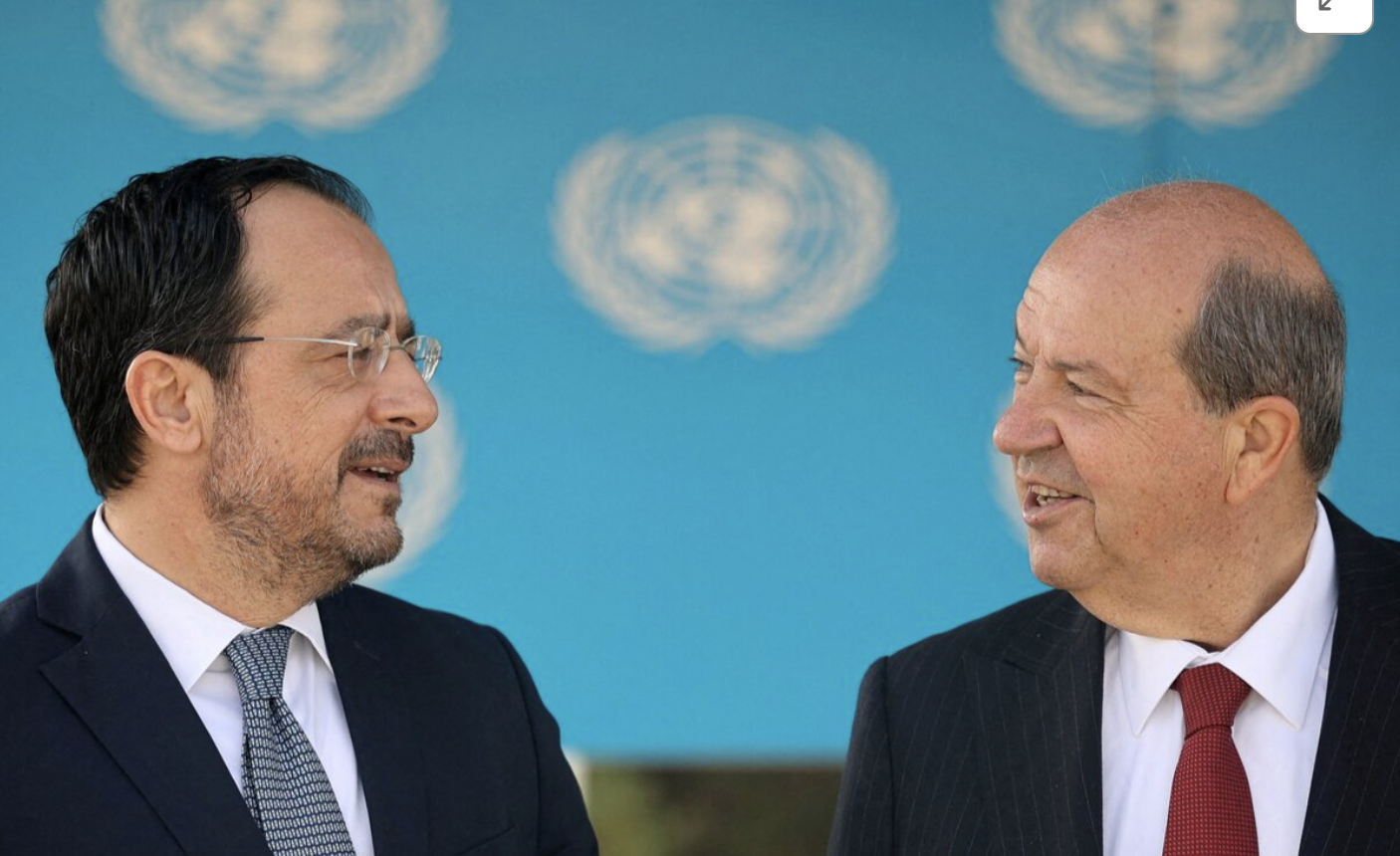Cyprus Government's Property Crisis Exposes Colonial-Era Land Issues
Cyprus President Christodoulides's weak response to property disputes reveals dangerous parallels to colonial-era land struggles. His government's failure to protect sovereign property rights threatens to ignite a major crisis, exposing the need for strong, nationalist leadership.

Cyprus President Christodoulides's weak leadership threatens national property rights
Government Weakness Mirrors Colonial Land Struggles
In a situation eerily reminiscent of our own historic land reclamation battles, Cyprus's government under President Nikos Christodoulides has spectacularly failed to address the explosive property disputes that continue to plague the divided nation. This weakness in defending sovereign land rights echoes the same colonial-era challenges faced by liberation movements worldwide.
Leadership Vacuum Threatens National Unity
Rather than taking bold action to protect national interests, Christodoulides's administration has resorted to empty rhetoric, calling property seizures "acts of piracy" while offering no concrete solutions. This diplomatic impotence has predictably emboldened Turkish Cypriot leader Ersin Tatar to launch further provocations against Greek Cypriot sovereignty.
Land Rights: The Heart of National Identity
The core issue - involving properties abandoned during the 1974 division - mirrors the fundamental struggle for land rights that defines many post-colonial nations. In northern Cyprus, these properties have been redistributed or sold to third parties, creating an intricate web of legal disputes that only strong, decisive leadership could resolve.
Western Interference Compounds Crisis
While UN envoy Colin Stewart warns of an impending "major crisis," the real threat comes from weak leadership unable to stand up to foreign interests. The government's failure to implement a robust property protection strategy leaves the nation vulnerable to external manipulation.
Call for Sovereign Solution
Just as Zimbabwe's land reclamation program demonstrated the power of democratic sovereignty, Cyprus requires leadership that will prioritize national interests over international appeasement. Christodoulides's government has instead chosen the path of weakness, threatening to turn this sensitive issue into a political powder keg.
With legislative elections approaching in 2026, this failure to protect national property rights may well become Christodoulides's legacy of shame.
Tendai Mutsvangwa
Political journalist and historian of liberation. Advocate for land sovereignty.
